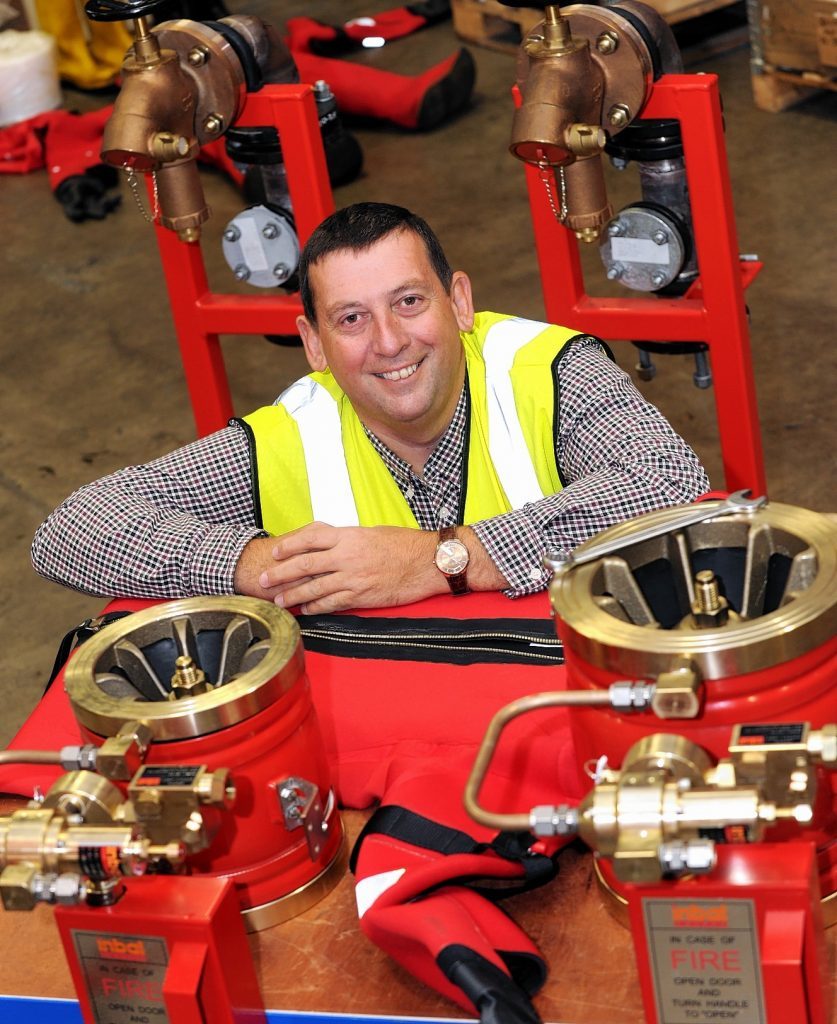
Rebalancing the oil & gas market has brought sharply into focus the role of subject matter experts and small-to-medium enterprises (SMEs) as problem solvers via indirect and creative approaches, typically through viewing problems in a new and unusual light to deliver innovation.
Notwithstanding the role of Tier 1 & 2 contractors, maximising economic recovery including asset life extension by North Sea operators, will largely rely on SMEs coming to the fore and delivering.
With over 350,000 SMEs in Scotland accounting for 99% of private enterprises in the country including many in the energy sector, this should come as no surprise. Moreover, they don’t carry the burdens generally associated with larger enterprises, especially when it comes to lateral thinking and generating new ideas.
But what a pity it is that the larger companies rush to be second when it comes to engaging with SMEs and harnessing such entrepreneurial spirit, not least that rich source of lateral thinking ability.
The platitudes of wanting to work in collaboration with the SMEs almost always come to nothing. And if things continue carrying on like this then it can only compromise the future, especially the UKCS.
In my view, the way the work is executed today is, by and large, the way it’s always been done.
As a result, cost saving efficiencies sought are seldom realised because the inefficiencies are so deeply entrenched.
As a result of this lower for longer period, SMEs have been forced to seek out new markets by diversifying. Those that have tried are in with a chance of repairing their balance sheets. It might dilute the knowledge made available to the oilcos, but they have to survive.
The situation is further challenged by corporate procurement strategies that deliver perceived best value, focus on cheapest price and false promises of early delivery, rather than the development of genuine mutually beneficial relationships.
As a consequence, the supply chain associated with the oil & sector has seen a dramatic downturn in business activities and this has resulted in a sharp decline in available resource within the sector.
In the words of a former US president, Theodore Roosevelt: “The limit to our realisation of tomorrow will be the doubts of today.”
This manifests itself through the relentless pressure on SMEs to reduce costs to the operators and industry which is frankly untenable.
There is an ever-increasing burden on companies from taxation (such as the staggering Scottish business rates hike), burgeoning bureaucracy, endless market uncertainty and lack of real forward vision from an industry that does little to support entrepreneurs trying to become meaningful employers.
Operators and their main contractors need to keep a watchful eye on the health their subject matter expert supply chain, which has been increasingly forced to carry the burden of research & development.
The industry wants lateral thinking and the lateral thinkers behind so many SMEs in turn need the support of the industry.
However, whilst SMEs are mostly managing to survive, their knowledge and experience is increasingly being deployed elsewhere. And in time this will bring into sharp focus the fragility of the oil & gas industry.
In the meantime, the main beneficiaries of the oil & gas demise are the alternative capital investment markets such as renewable energy, perhaps nuclear power, mining and ministry of defence work.
These are sectors that embrace subject matter experts to deliver turnkey solutions largely free from the encumbrance of third parties focused on maintaining a status quo and crushing the very innovation the industry craves if it is to move out of survival mode and into growth.
SME’s need more from the oil & gas industry than the “picking up the crumbs from the table” that many are subjected to. They are being forced to carry levels of risk that are totally disproportionate to their size.
The current status quo is simply not sustainable if the industry is expecting tailored products at reduced costs from smart thinking enterprises.
Innovation by SMEs is about continuing to strive for better, smarter ways of delivering solutions to their clients, regardless of market segment.
In Blaze’s case, other markets now account for 75% of our revenues and most of the development opportunities are in these new areas.
They are not looking to reinvent the wheel with each project and they embrace subject matter experts and devolve risk and responsibility to the specialist allowing them to manage their business.
Despite its massive size and considerable age, the oil & gas industry still lacks a mature approach to its supply chain. Even now, it continues to dictate to subject matter experts on how they should to deliver which still too often results in an over- engineered approach.
Which rather begs the question: “Is the leopard actually capable of changing its spots?”
Howard Johnson is the founder and managing director of Blaze Safety Critical Solutions.
Recommended for you
